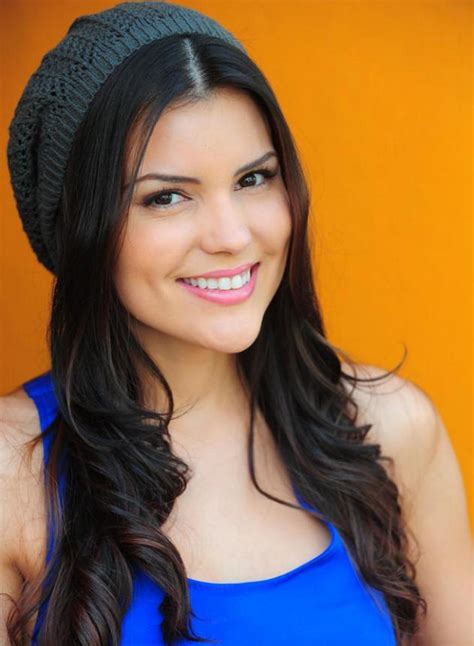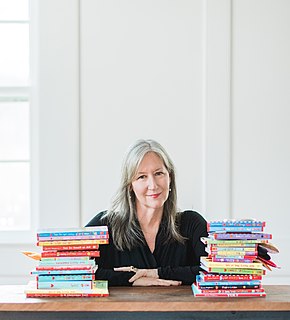A Quote by Deborah Harkness
People think about history as all grand gestures or significant moments, but the most valuable lesson we can learn is the enduring legacy of the small, meaningful things in life.
Related Quotes
I feel history is more of a story than a lesson. I know this idea of presentism: this idea of constantly evoking the past to justify the present moment. A lot of people will tell you, "history is how we got here." And learning from the lessons of history. But that's imperfect. If you learn from history you can do things for all the wrong reasons.
I never think of the word legacy. It doesn't mean anything. You do the right thing, in my judgment, and things will work out. That's what drives me. I'm not looking for legacy or history books or whatever. I know what we've done here has saved a significant number of lives. The burden is not on me. It's on the politicians who made the decisions to limit what we're doing. They're the ones who are going to pay a price, in my judgment, if crime significantly increases.
In the end, people don't view their life as merely the average of all its moments-which, after all, is mostly nothing much plus some sleep. For human beings, life is meaningful because it is a story. A story has a sense of a whole, and its arc is determined by the significant moments, the ones where something happens. Measurements of people's minute-by-minute levels of pleasure and pain miss this fundamental aspect of human existence. A seemingly happy life maybe empty. A seemingly difficult life may be devoted to a great cause. We have purposes larger than ourselves.
There's a lot we should be able to learn from history. And yet history proves that we never do. In fact, the main lesson of history is that we never learn the lessons of history. This makes us look so stupid that few people care to read it. They'd rather not be reminded. Any good history book is mainly just a long list of mistakes, complete with names and dates. It's very embarrassing.







































